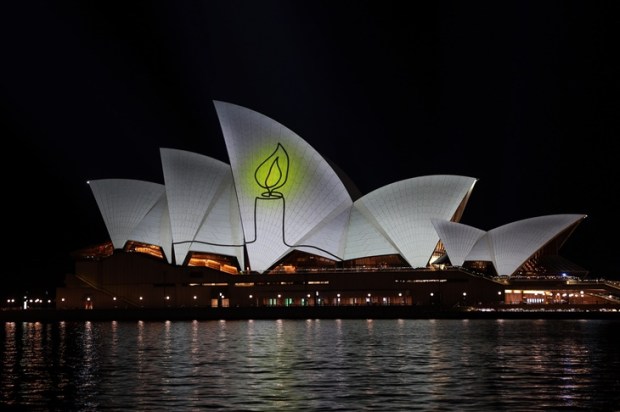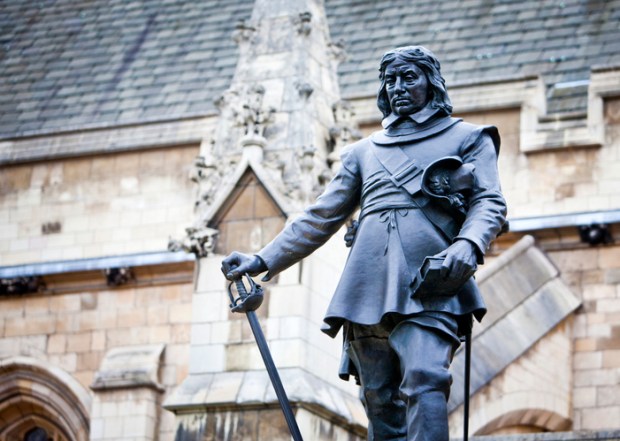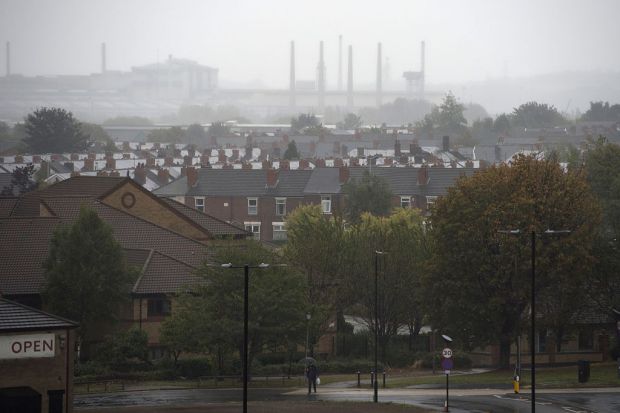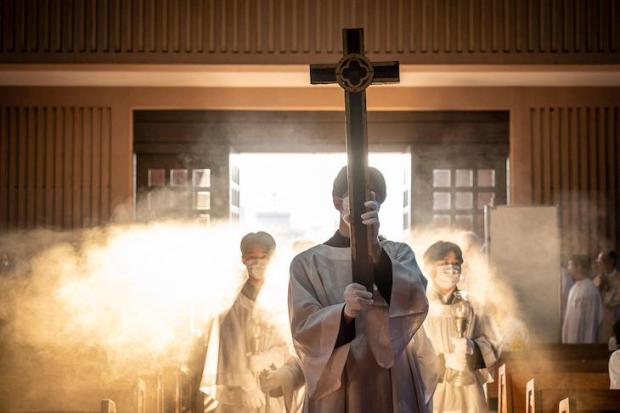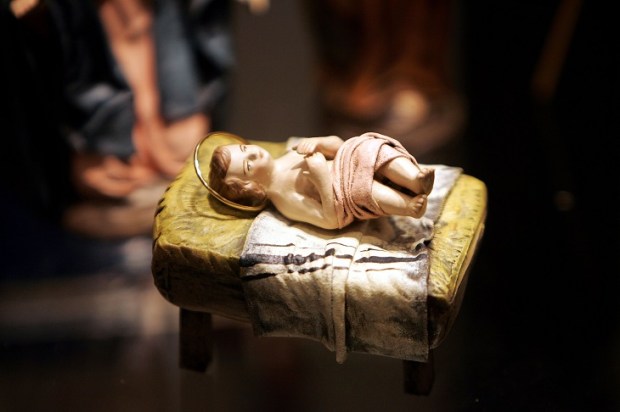Tony Abbott is right. Too much is being made of the Governor-General’s ‘injudicious’ support for republicanism and gay marriage. It is more likely to damage her standing than the monarchy or traditional marriage. Some monarchists criticise her ‘hypocrisy’ in accepting vice-regal office while not believing in it. Yet a certain amount of hypocrisy is inevitable, even necessary, in public life. Every sitting day most MPs join in a recital of the Lord’s Prayer although many are not Christians. Many of them are also republicans but gladly swear allegiance to the Queen. It all helps the smoother running of the ramshackle national machine and concentrates the mind on the major issues of the day. There is no overwhelming reason why the incumbent of a vice-regal office should not occasionally express views that some deem radical. Quentin Bryce’s predecessor Major General Jeffery said at the time of his appointment that he might talk about controversial issues from time to time (although he did not). Certainly there has to be some limit. It may well have been better if Quentin Bryce had deferred publicising her well known republicanism until early next year when she vacates the monarchial office that she was so happy to assume for so long. But her remarks, however gracefully made, are unlikely to make any difference to Australian constitutional arrangements. Prince Charles occasionally offers opinions that many dismiss as ridiculous or worse. They do not damage constitutional monarchy.
Good to see that the Lowy Institute for International Policy has established an annual Owen Harries Lecture. Kurt Campbell, one of the principal architects of the US ‘pivot to Asia’, gave the inaugural lecture last week. Harries’s long and wise service to Australia — as scholar, ambassador, advisor and editor — has long been known but not often enough properly recognised. The ABC’s Leigh Sales once quoted a letter from Henry Kissinger to Harries about a magazine article on China which Harries had just published: ‘I can’t remember when I have agreed with every word of an article. My only regret is that I did not write it myself, but I will plagiarise it liberally. Yours, Henry’. Sales went on to describe Harries as ‘the Cate Blanchett of foreign policy circles’, meaning not that he is the most theatrical but simply the best. Michael Fullilove recalled Harries’s sage advice to him as a young writer on foreign affairs: ‘If you are going to swim, swim in the deep waters, not the shallows.’
He is ‘perhaps the finest prose stylist of his generation’. Jamie Grant, poet and critic, was referring to the cricket (and business) writer Gideon Haigh whose On Warne has just won this year’s Waverley Library Award for Literature (‘The Nib’) — the only major literary prize in Australia ($20,000) funded by municipal ratepayers. Grant was speaking as chief judge at the splendid awards breakfast which began with cured salmon bilini, chive crème fraîche and champagne. (Ratepayers need not raise eyebrows. The breakfast was donated by the Gertrude & Alice Cafe Bookstore of Bondi Beach.) On Warne, Grant said, scarcely mentions newspaper scandals and is ‘mercifully’ free of the statistics and trivial facts that clutter most cricket books. Haigh concentrates on ‘the one thing that set Warne apart from the rest of us’ — his legendary leg-spin bowling. It won the prize against a formidable short-list: Michael Fullilove’s Rendezvous with Destiny (about how FDR brought the US into the second world war); Matthew Condon’s Three Crooked Kings (about the life of the Queensland police commissioner whose career ended in gaol); Hannah Kent’s novel Burial Rites (based on a true story about a woman executed in Iceland in 1830 for murder, although ‘her guilt is no certainty’); Helen Trinca’s Madeleine (a life of the expatriate novelist Madeleine St John); and John Hamilton’s The Price of Valour (a dual biography of communist novelist Katharine Susannah Prichard and her war-hero husband Hugo Throssell who, unemployed and desperately in debt, killed himself after trying to pawn his VC, only to be offered ten shillings.) Interviewed after breakfast by Jane Gleeson-White (the winner of last year’s award for her Double Entry), Haigh, drawing on a lifetime of immersion in cricket, said he had written the book in a month. (‘I can’t do anything else but write.’) He doubted that Warne (‘a man of hidden shallows’) would ever read the book.
Anyone who has clear-eyed memories of a revolutionary youth in the 1970s should see the just-released French film Après Mai (in English: ‘Something in the Air’.) It may be too long and it could be a little more self-critical, but the autobiographical director Olivier Assayas has created a realistic picture of French Maoist, Trotskyist, anarchist youth in the years following the talismanic events of May 1968. It has a particular resonance for Australians since the film gives prominence to the influence of Pierre Ryckmans (aka Simon Leys) in helping to liberate French youth from Maoism and other cruel illusions. Ryckmans has been living, teaching, writing in Australia since 1970. (His novel The Death of Napoleon won the Premier’s Prize in NSW in 1992.) He still receives letters from France thanking him for his books of that time, although many of those who, under his influence, broke with the revolutionaries paid a high penalty — in defamation and ostracism. (Some loyal, if despicable, Maoists enjoyed very successful careers.) Ryckmans found Après Mai touching, if a little long.
Got something to add? Join the discussion and comment below.
You might disagree with half of it, but you’ll enjoy reading all of it. Try your first month for free, then just $2 a week for the remainder of your first year.







